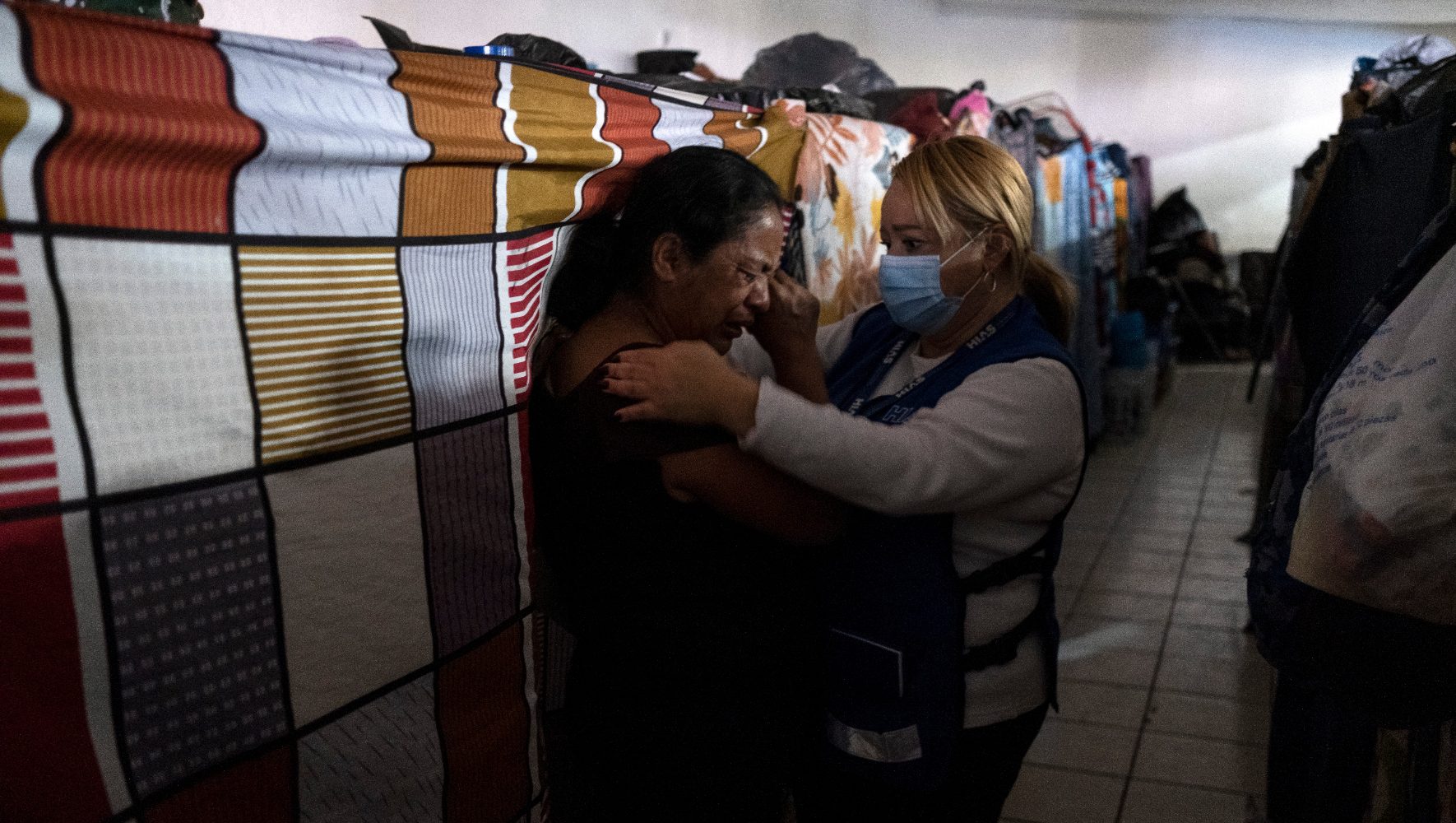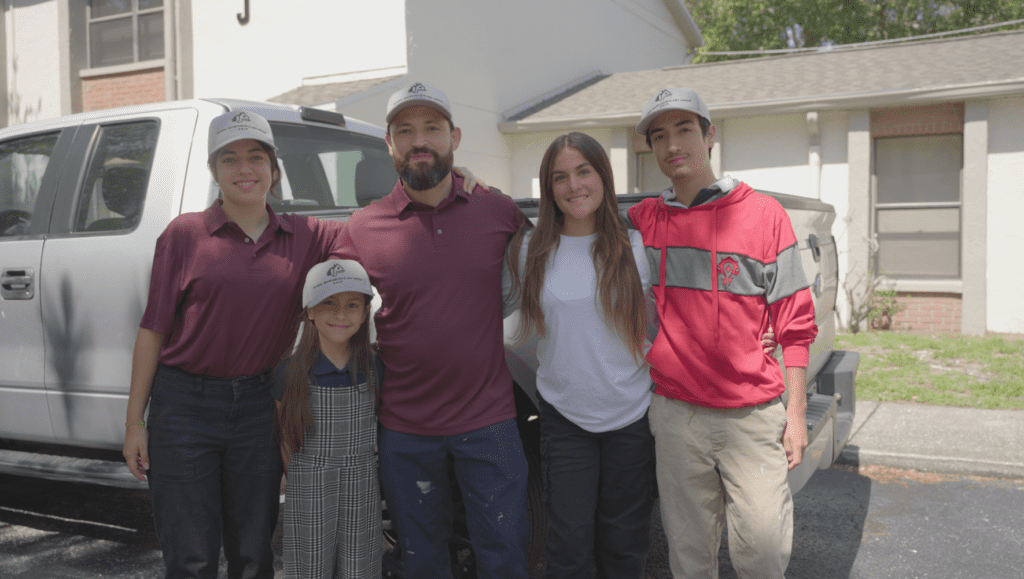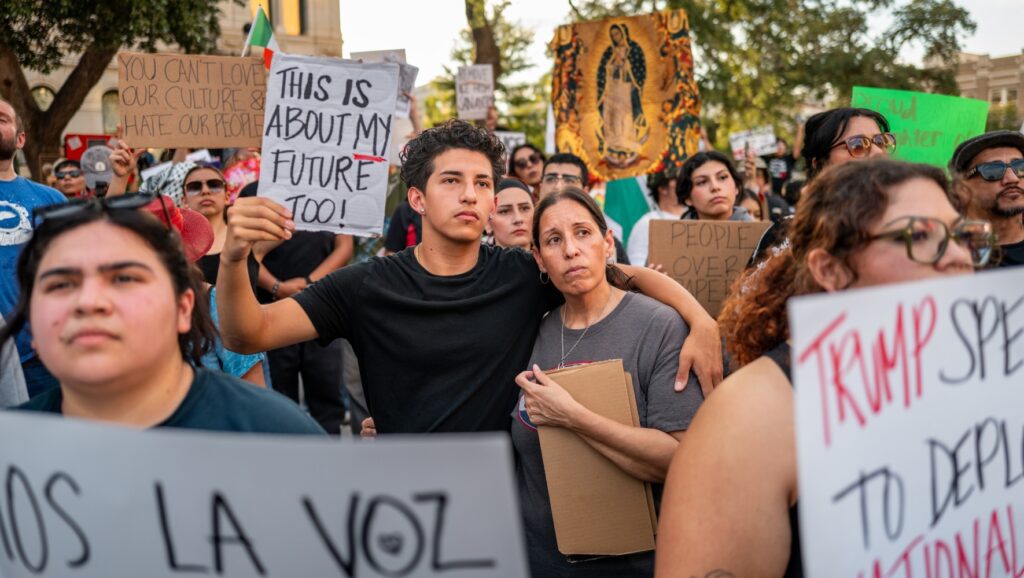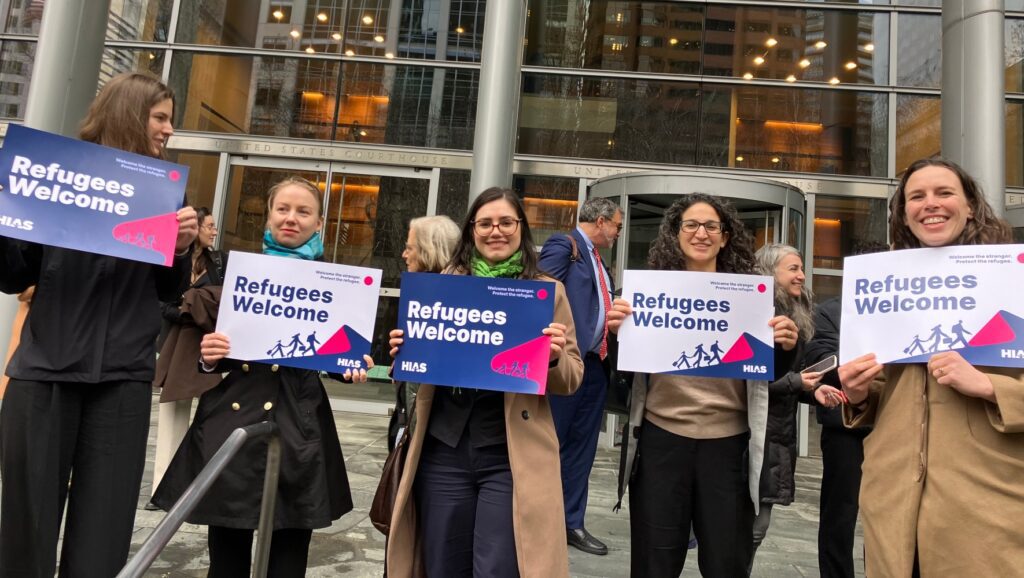
On July 18, the Trump administration issued a ruling that is poised to have profound implications for women and girls seeking asylum in the United States. The case concerned a woman from El Salvador who was repeatedly stalked and threatened by gang members in her community. The Board of Immigration Appeals (BIA), the country’s immigration appellate court, determined in Matter of K-E-S-G- that membership in a “particular social group” (PSG) — one of five grounds for refugee protection — cannot be defined only by gender. For women and girls, being subject to violence on account of their gender identity is no longer sufficient for an asylum claim.
This deeply regressive ruling, which overturned decades of precedent, will have significant consequences — most significantly and importantly for women and girls forced back into the very harm they had fled. Let’s examine the ruling and its implications in more detail.
Give today
What are the “protected categories” in asylum considerations?
Individuals seeking asylum in the United States must prove they’re at risk of persecution based on one or more of five protected categories: race, religion, nationality, political opinion, or membership in a PSG. Asylum law requires that a PSG must be defined with enough particularity so that it is apparent that its members are targeted and persecuted due to their membership in the group.
During past administrations, the BIA has ruled that gender is sufficiently particular to be recognized as a PSG. In many countries around the world, governments and criminal groups view women as second-class citizens who can be subject to mistreatment, abuse, and violence. Given its prevalence, the suffering of women and girls has always played a major role in asylum in the United States. Removing gender as a PSG goes against what our asylum system was designed to protect.
What did the BIA rule?
In Matter of K-E-S-G-, the BIA ruled that gender alone is not particular enough because of the diversity of experiences and characteristics that women have. Essentially, this argues that women do not face discrimination or subjugation on the sole account of being women — an absurd belief that ignores social and political reality as well as legal precedent.
The Board also ruled that unlike race or religion, gender is not specifically listed as a protected category in the text of the 1951 Refugee Convention or U.S. law. This, however, overlooks that “PSG” was written to encompass other “particular” identities that are not explicitly cited. It also goes against the guiding principles and history of asylum law.
This deeply regressive ruling, which overturned decades of precedent, will have significant consequences.
What are the implications of the decision?
Whatever the BIA has ruled, violence against women and girls remains pervasive throughout the world. For example, gangs throughout Central America have shown little regard for the autonomy of women they regard as property, and in Afghanistan the Taliban regime has restricted the basic human rights of women, such as being able to obtain an education. Women making the journey to the United States to seek protection are often trafficked and sexually assaulted. Those seeking asylum in the U.S. are often doing so because they see it as the last refuge where they can seek safety and the opportunity to rebuild their lives.
The BIA ruling deals a blow to the ability of women and girls to seek asylum, ignoring the legitimate claims by a population routinely subject to discrimination and violence. Rather than finding safety in the United States, thousands of women will now be returned to the harm that they tried to flee.



